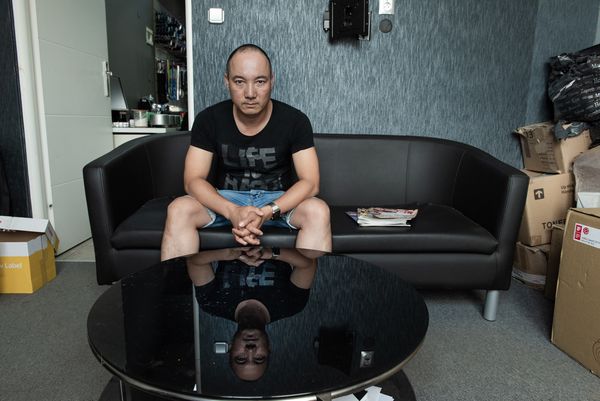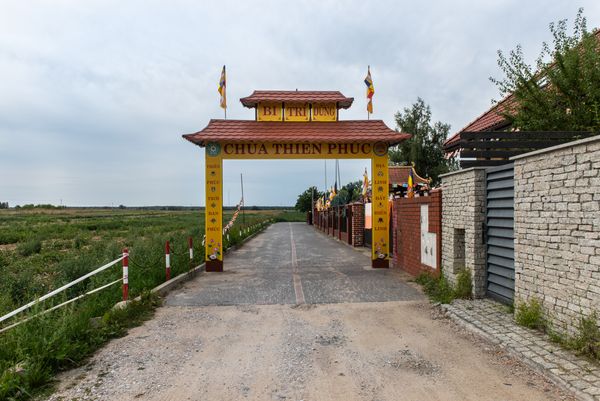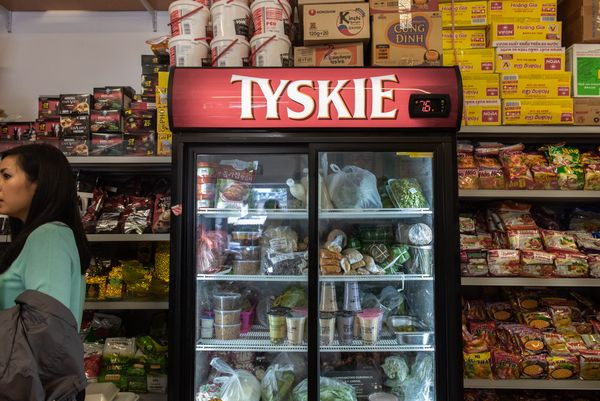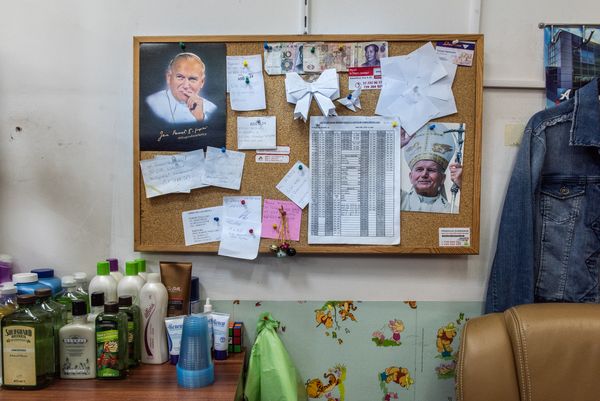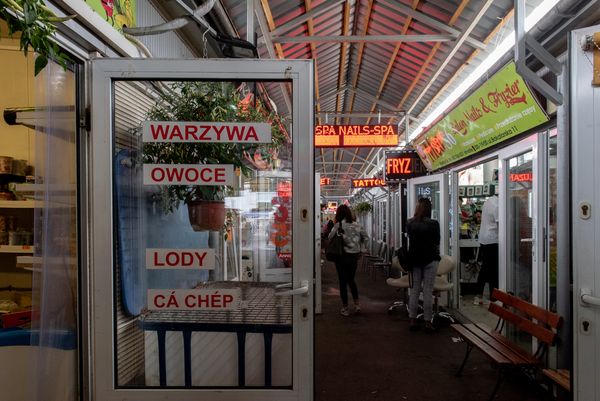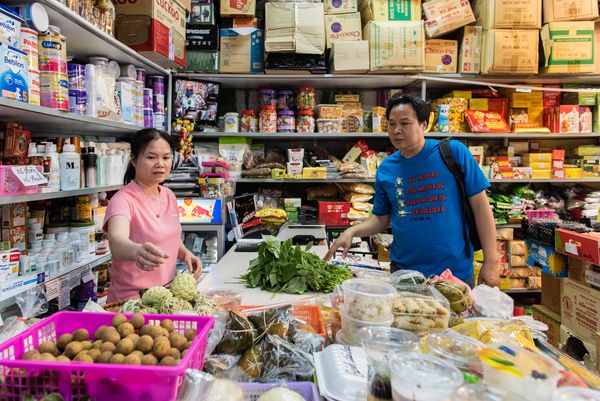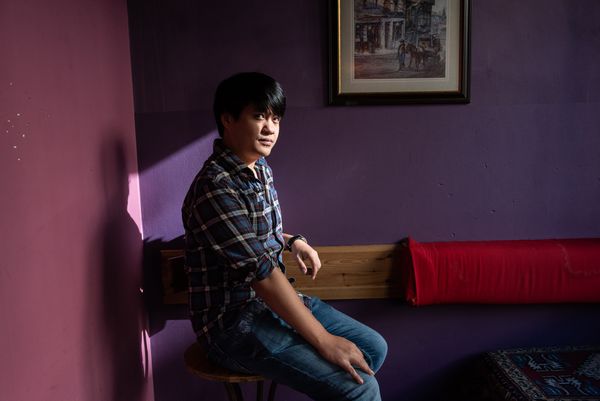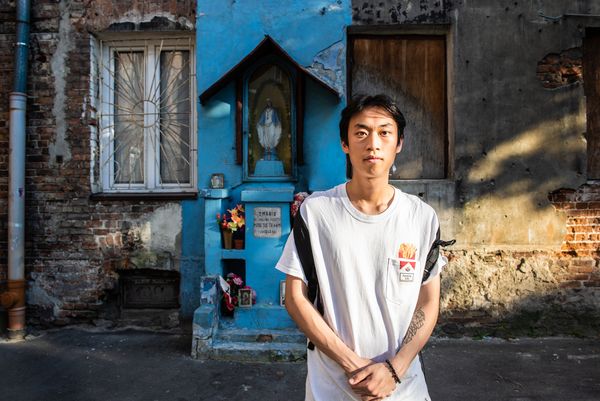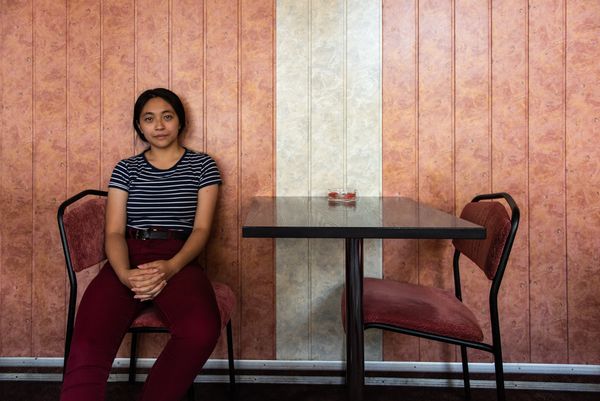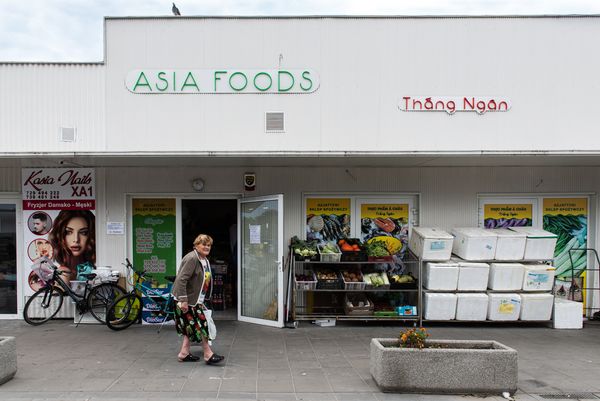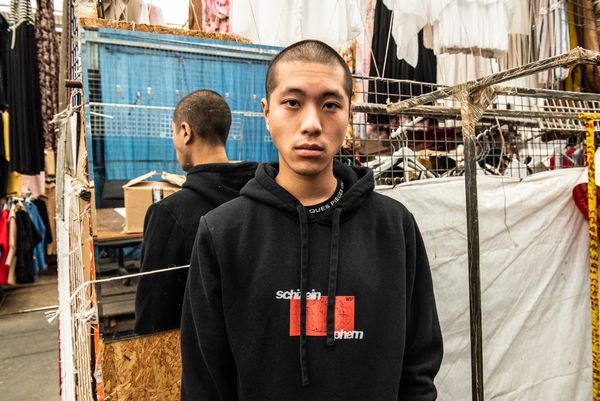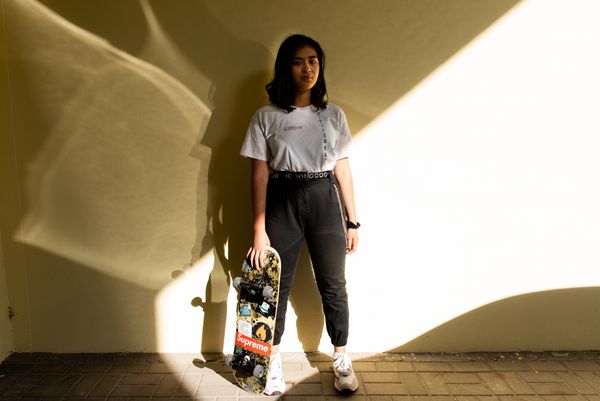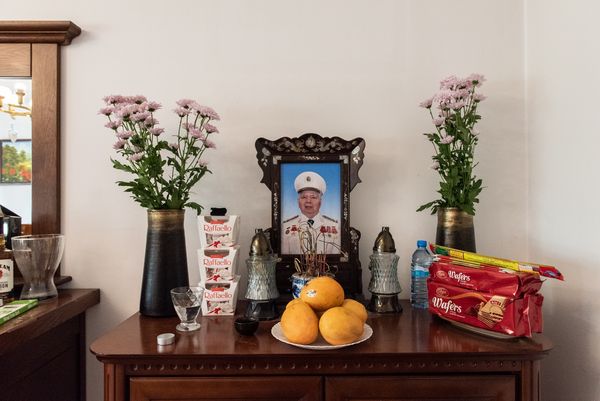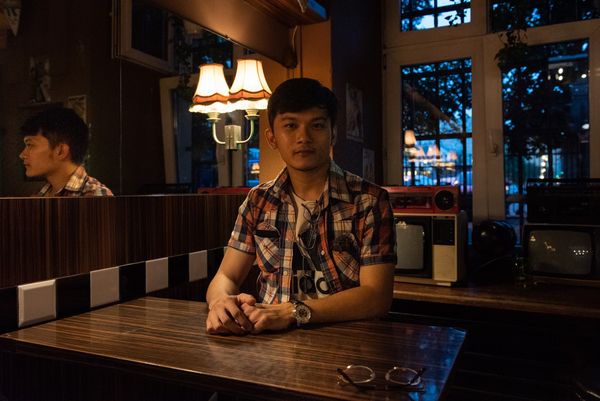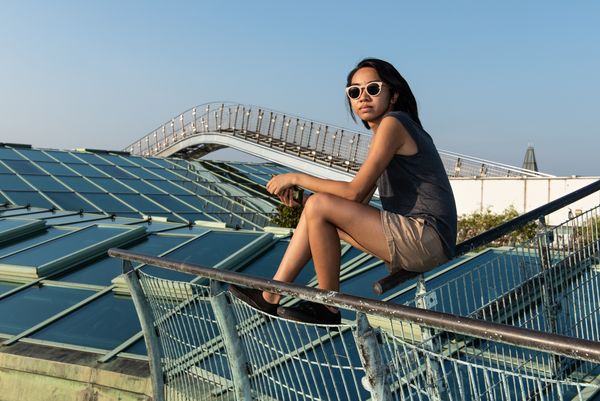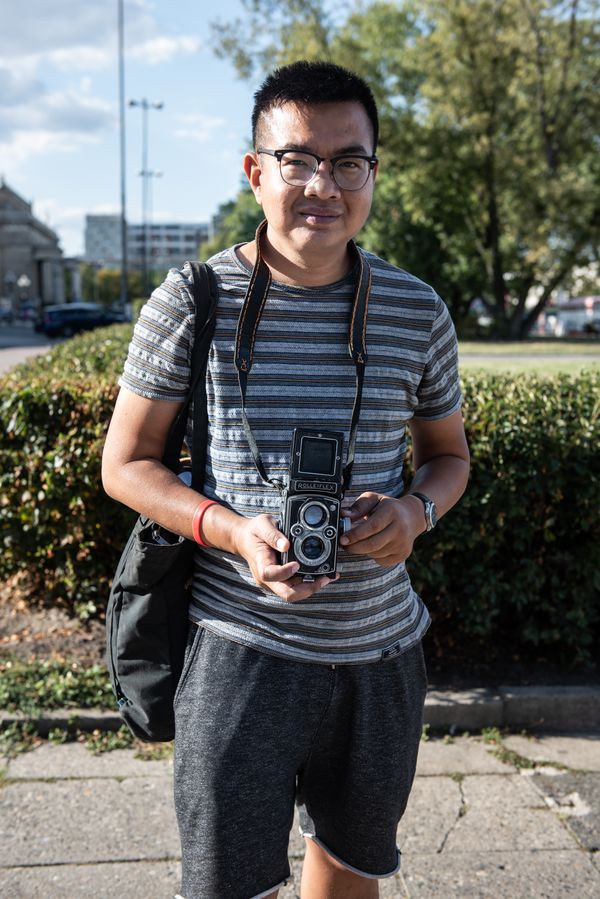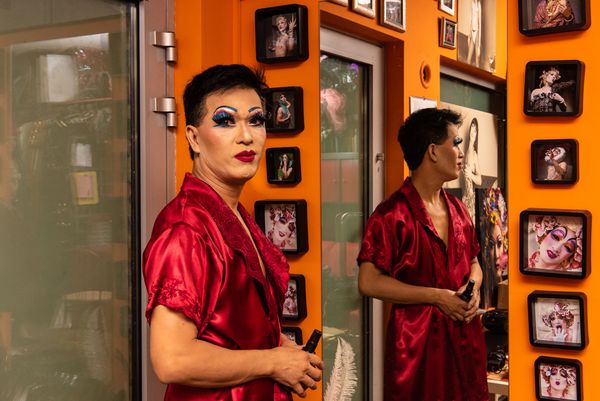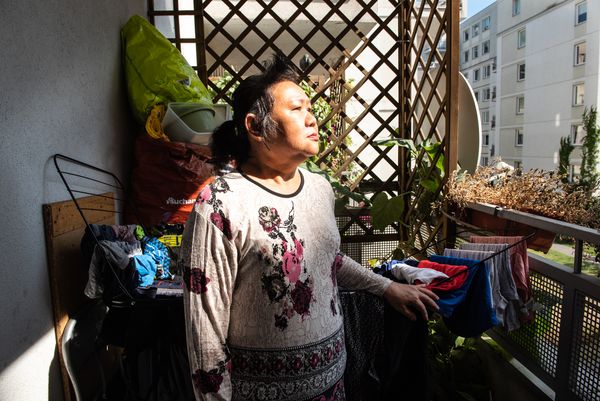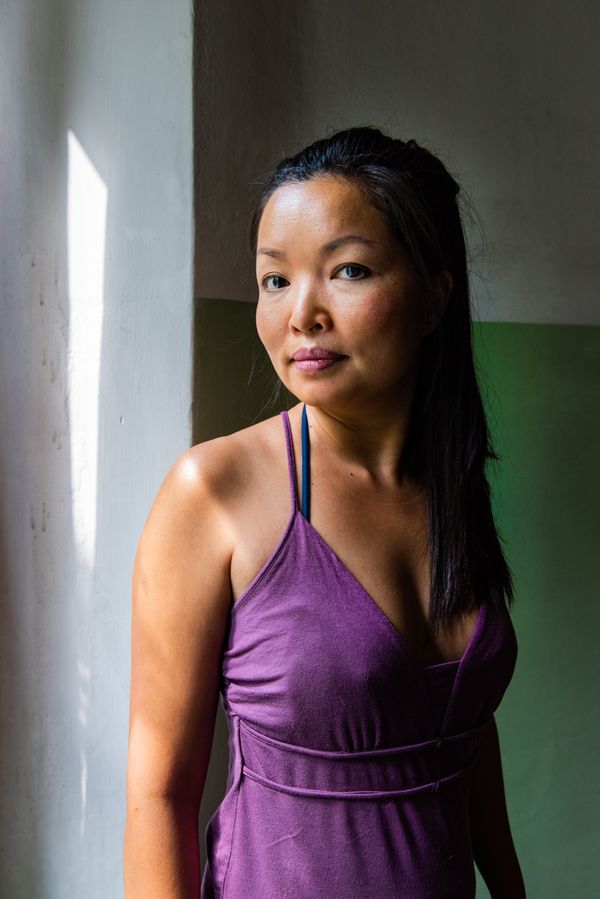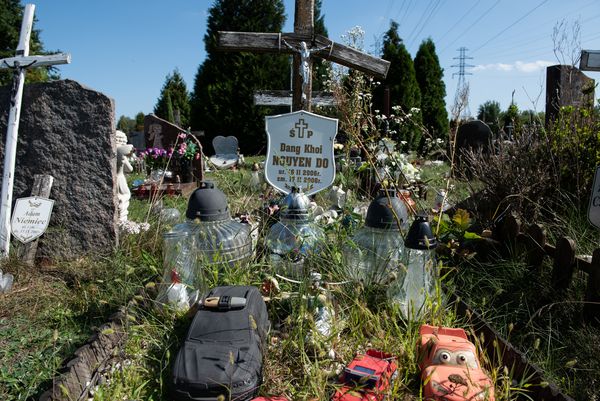Ba Lan
-
Dates2019 - Ongoing
-
Author
- Location Warsaw, Poland
Ba Lan means “Poland” in Vietnamese and this project focuses on the Vietnamese diaspora in Poland. Poland has a history of being a monoethnic country and its migrant population is rarely depicted. I re-interpret the theme of migration through an untold story of Vietnamese immigrants in Poland. Ba Lan explores the intersections of Polish and Vietnamese culture and examines the relationship between national identity, belonging and ethnicity.
Vietnamese immigrants started to arrive in Poland in the 50s and initially this was on the basis of student exchanges. At the time, Vietnam favoured fellow communist nations and rewarded students with good grades with the possibility of studying in Poland. Currently, the Vietnamese-Polish community is the biggest non-European migrant community living in Poland, with an estimated population of 50-80,000. Poland has a complicated history of extreme approaches towards minorities from peaceful coexistence and tolerance to forced assimilation. Since 2015, Poland has been ruled by Prawo i Sprawiedliwość (Law and Justice), which is a conservative, Christian and anti-immigration political party. The presence of the Vietnamese-Polish community is not reflected in the media, arts and culture. Instead slogans such as “Today's immigrants are tomorrow terrorists” are seen in public spaces.
Ba Lan developed from a place of frustration with the way immigrants are perceived. As a Polish immigrant living in the UK, I worked closely with the Vietnamese-Polish community in Warsaw to better understand how the largest non-European migrant group reconciles their identity in a country which largely believes that nationality is rooted in ethnic origin. Linda Alcoff calls for us to speak whenever possible with others rather than for them, and this project is a result of months of collaboration with Vietnamese-Polish artists, activists, performers, business owners and chefs. I wanted to speak "with" and not "for" a group of people and therefore approached the project collaboratively. I interviewed members of the Vietnamese-Polish community of different ages, genders, political involvement or social standing.
Duality is at the forefront of each photograph in this project, and I explore the multiplicity of identities, imposed norms and expectations that are part of immigrant life in Poland. Each image I made was influenced by conversation, and each location of the portrait was chosen by the person I photographed. I made strong use of mirrors, reflections, geometric lines and jarring images to aesthetically bare the feeling of conflicting identities and belonging of the Vietnamese-Polish community.
The Vietnamese community has been part of the Polish society for many generations, and even to this day Poland continues to be an attractive destination for Vietnamese immigrants. There is an overall feeling amongst the Vietnamese community who have been in Poland for generations that they are denied a Polish identity because of their ethnicity, and are perceived as inadequately Vietnamese by family members still in Vietnam. The Vietnamese community in Poland is perceived as hermetic and inaccessible, and their understanding is largely based on scandalous myths and stereotypes perpetuated by the media. I created images that would challenge this representational approach and engaged with the immigration narrative through a collaborative approach. With the PH Museum Grant, I would like to develop the project further and delve into the intricacies of this community.
